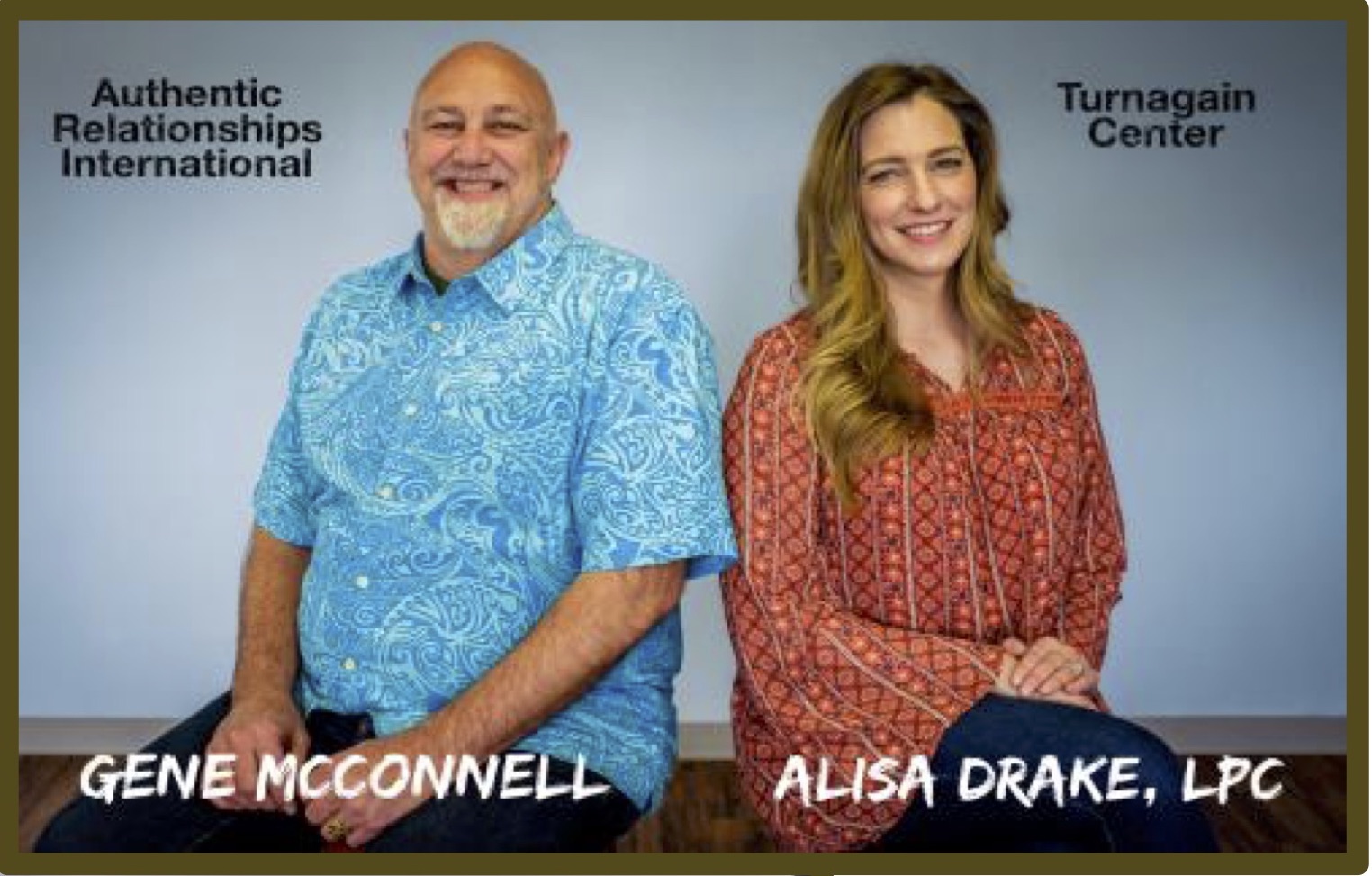Suzanne Moore sums this up well when she said, “…for an actor’s career to end, more than one person has to be complicit in an unspoken agreement that certain behavior is just part of the deal.”
So, while we have nothing but disgust for Mr. Weinstein, our anger extends far beyond him.
Countless vulnerable women and children have been victimized, demoralized, and silenced by a network so much bigger than this one, singular coward, Weinstein.
And all for what? Money and the accompanying assumption that it somehow gives one the right to sexually indulge without restraint and without consequences. Behind every powerhouse perpetrator is a network of contributing accomplices.
And they all have one thing in common, a fundamental and deeply broken philosophy that financial wealth has greater value than human life.
How on earth did we get here?
In today’s society, money is what keeps accomplices silent and abusive men and women in power. Weinstein is just one in a laundry list of wealthy, political and/or media powerhouses who have risen to fame and wealth and then fallen from sexual scandal. Weinstein, who has 38 (and growing) active allegations against him, has now joined the likes of Bill Cosby, Anthony Weiner, and Bill Clinton. And where do we think that these massive amounts of money come from?
From you. From me. From our consumption of the products they sell.
Yes, it is true that rape, sexual assault, and sexual harassment have always existed. But why the growing trend?
Beginning with the sexual revolution there has been a pervasive eradication of our culture’s ability to value and honor women. Dear old deceased Hugh Hefner’s Playboy philosophy touted, “A man’s morality, like his religion, is a personal affair best left to his own conscience.”
How is it that we have nothing but praise and accolades for Hefner and his no-consequences philosophy but we crucify the ones who actually live it out?
This isn’t just our opinion, this is the opinion of Mr. Weinstein himself.
Listen to his response to the recent allegations:
I came of age in the 60s and 70s, when all the rules about behavior and workplaces were different. That was the culture, then.
How’s that for a flippant excuse? Sure, the rules were different, but not to the countless victims who were preyed upon, manipulated, set up, assaulted, and silenced by this “no consequences” philosophy and those who live by it.
Is there anyone else curious about the quadrupling of rape occurrences in first four decades following this “sexual revolution”? Coincidence?
We sincerely doubt that.
Do you realize that we now have an entire industry built on the exploitation of women? We see it everywhere, no one, not even our children, are protected from exposure. Movies, video games, advertisements, commercials, music videos, magazines, you name it, they have all adopted the same polluted philosophy that women are no longer human beings, but instead objects and commodities to be consumed.
It’s so easy to shake our heads, cry foul, and point fingers at media makers, however, the success of this industry is wholly dependent upon us, its consumers. What we once criticized as shocking and vulgar is now being praised as artistic and revolutionary.
Take, for example, the “50 Shades of Grey” franchise, which has broken records and grossed over $437 million dollars for its provocative and cutting-edge approach to human sexuality.
However, as The Atlantic states:
The problem is that “Fifty Shades” casually associates hot sex with violence … Sometimes, Ana says yes to sex she’s uncomfortable with because she’s too shy to speak her mind, or because she’s afraid of losing Christian; she gives consent when he wants to inflict pain, yet that doesn’t prevent her from being harmed.
Can you think of a finer line between consent and sexual assault? I know we can’t. This sounds like sexual assault to us.
Last we checked, consent requires a mutual desire and the whole premise of this movie is based on the fact that it was not her desire.
However, millions of intelligent women (and a few men) were beyond eager to slap down a credit card and watch this perpetrator objectify and harm a vulnerable woman. Our money is our vote to contribute to the perpetuating of harm.
Then when the same exact thing happens to you, your sister, daughter, son, neighbor, friend, or actor/actress … then … then we put down the popcorn, rise up, #metoo, and get angry.
And it’s not just vulnerable men and women we see this happening with. Plenty of stories have hit the big screen that portray child molestation and rape in a romantic or comedic light.
Take, for example, “Summer of 42,” “My Tutor,” and “Private Lesson,” all of which are movies that glorify statutory rape and sexual assault, as being socially acceptable and desirable. And we pay money to watch it and then react in absolute horror when it happens in real life.
It’s as though when we attach the word “entertainment” or “art” to a sexually violent, aggressive and/or criminal media message, it somehow grants it a free pass.
And what about advertising messages?
Compelling author and advertising expert, Jean Kilbourne has this to say:
Advertising is an over $200 billion a year industry. We are each exposed to over 3,000 ads a day. Yet, remarkably, most of us believe we are not influenced by advertising. Ads sell a great deal more than products. They sell values, images, and concepts of success and worth, love and sexuality, popularity and normalcy. They tell us who we are and who we should be.
Take for example, an Arby’s (you know, that family friendly establishment) advertisement to sell hamburgers. Two burgers conveniently take the place of a woman’s breasts and her hands are strategically placed as though to hide them in a faux attempt at modesty.
The tag line? “We’re about to reveal something you’ll really drool over.”
Our money. Our vote.
This paradigm shift didn’t happen by accident and it didn’t happen overnight. It was strategic and intentional and our culture has bought into it wholeheartedly. There has been a steady pushing of the envelope and a methodical chipping away of moral and human decency for decades. Each push and each piece, instead of being met with criticism and dismay, has instead been celebrated for its innovation and ingenuity. This praise only encourages further pushing of the line.
However, if we didn’t pay for it, it wouldn’t exist.
I know, we’ve all heard this line of thinking before, right? What often gets missed is honest conversations about the origin of this sexualized culture and the damage it has caused the relational health of an entire nation.
For the past several decades, beginning way back when today’s sexual aggressors were just children themselves, we have literally been inundated by the toxic media messages that communicate that a woman’s success is dependent upon a man’s sexual satisfaction. This high level of exposure to sexualized media content paired with the low level of media’s exposure to the devastating consequences has created a sense of normality that has served to influence increasingly sexually aggressive behaviors in today’s youth.
Children of today are being mentored by media messages (produced by adults) that convincingly teach them that sex, money, power, and prestige are higher human values than honor, respect, and integrity. After many decades of being blasted with these messages, it’s no wonder our world is becoming increasingly riddled with Weinstein-like behaviors.
The legacy of Hollywood is the culture of objectification and it is being adopted and perpetuated by the masses. The themes we see in these powerhouse scandals are not just being reserved for the rich and famous. You don’t have to look far to find a person in power misusing their position to seduce and/or gain unwelcomed access to women or less powerful individuals. We have got to stop fooling ourselves into thinking this is just a “Hollywood” problem.
This is all of our problem.
One of the roadblocks to tackling this issue is due in part to our national spokespeople, the media, who want to immediately politicize the issue.
When sexual assault allegations are made about any public figure, it seems as though the first task of journalists is to discover which side of the aisle the perpetrator is on so the finger pointing can commence. In the words of Suzanne Moore, “… if those who are paid to literally voice our culture are not speaking out about the abuse of women, they are part of it.”
This not a republican issue. This is not a democrat issue. This is a heart issue. This is a sin issue.
This sexual revolution has got to be undone. Our children need tools that bring back human decency. We need to move away from the excusing slogans like “boys will be boys,” or “it’s just locker room talk.” These flippant phrases serve to further minimize the damage and teach our boys and girls that sexualized behaviors are both accepted and expected from the male population.
There’s an underlying tone that says “come on girls, shake it off, shake off the harassment, after all, it’s all in the name of good old fashioned ‘boys will be boys’ fun.”
The consequences of all of this is the systematic deconstruction of human decency, honor, and respect. This culture of objectification serves to show us just how poor our relational health as a culture has actually become. Objectifying someone else keeps us from risking emotionally, because if I view this person as an object and not a human being, then they can’t get hurt and neither can I. This is the poisonous thinking that has infected our generation and created a severe relational deficit in us, in our children, and in our culture.
What’s the solution?
We’d love it if our media makers and our cultural spokespeople would lead the way by creating and celebrating art that truly honors and respects men, women, and children. But we fear that the money speaks much louder than their conscience, so we hardly think that’s an option.
For some, there is a cry for censorship. However we happen to believe in the free speech our Constitution allows.
Instead, for us, it comes down to personal responsibility. Garbage in, garbage out. The seeds that we plant are exactly what we will be producing. The seeds we allow to be planted in our children are exactly what they will be harvesting.
Parents of today are fighting against a relentless, evil machine. Being shocked and appalled by Weinstein-like behaviors seems downright hypocritical when that is the exact type of seeds that we have been planting in our children for decades.
Instead of pouring our resources into teaching women and children how to defend and protect themselves, why can’t we pour our resources into teaching our children how to foster healthy male/female relationships where men see women as an equal and not as a conquest. It’s time for us as a culture to stop looking at women, but to instead start seeing them again.
Remember, we drive this monster with our money, our vote. It’s time to take back the wheel.

